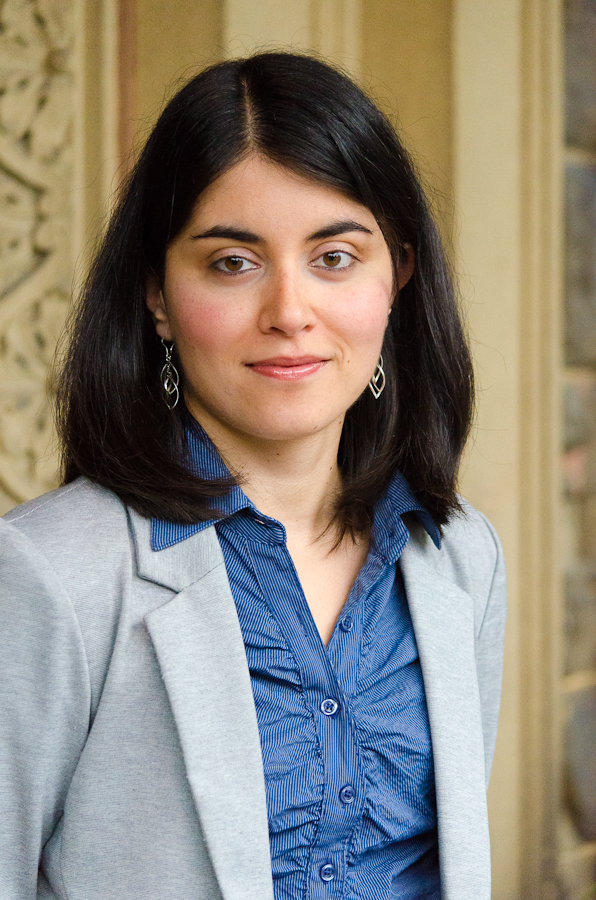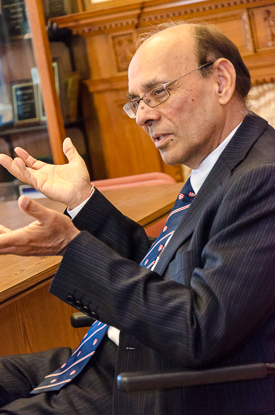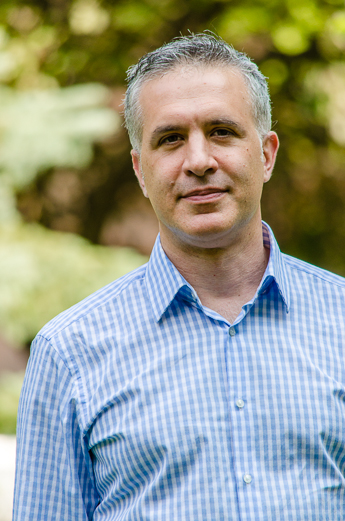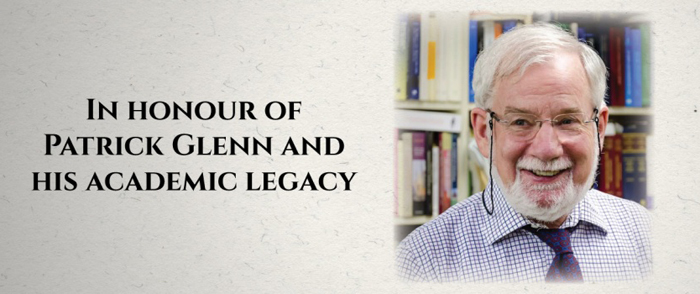 The Mandatory Costs of Mandatory Minimum Sentences in Canada
The Mandatory Costs of Mandatory Minimum Sentences in Canada
Professor Marie Manikis, Kaitlyn O’Shaughnessy (BCL/LLB’15), OxHRH Blog, 19 April 2016
“Another day another mandatory minimum struck down. In Lloyd, the Supreme Court of Canada ruled that a one-year mandatory minimum sentence that applied to drug trafficking offenders with a prior conviction was a cruel and unusual punishment contrary to section 12 of the Charter of Rights and Freedoms. The use of Charter litigation was reaffirmed as the route to challenge these sentences despite its costs for individuals and for state resources.
As an alternative, the Court paved the way for a legislative response by highlighting that “Parliament could provide for judicial discretion to allow for a lesser sentence where the mandatory minimum would be grossly disproportionate and would contribute to cruel and unusual punishment”. This “safety-valve” solution exists in most common law jurisdictions, including England and Wales, the United States and Australia. It preserves mandatory minimum sentences while creating a possibility for judges…”
Keep reading on the OxHRH blog…
 Le droit de l’espace, une pratique du futur? Entrevue avec le professeur Ram Jakhu
Le droit de l’espace, une pratique du futur? Entrevue avec le professeur Ram Jakhu
Karine Limoges, Droit Inc., 18 avril 2018
L’homme a-t-il le droit d’extraire le minerai de la planète Mars et d’en faire commerce? Des questions que le droit de l’espace pourrait bientôt venir explorer. Prêts pour l’aventure?
Alors que la course à l’extraction minière dans l’espace est bien engagée, une compagnie canadienne vient de signer avec l’Agence spatiale canadienne pour adapter l’équipement minier à l’espace interstellaire.
Voilà qui pourrait bien intéresser les avocats! En effet, le droit de l’espace ne tient plus de la science-fiction.
« Il y a quelque chose d’excitant dans cet univers inconnu, déclare à Droit-inc le professeur Ram Jakhu, de l’Institut de droit aérien et spatial de l’Université McGill, spécialiste éminent du droit de l’espace. C’est un domaine nouveau du droit et j’avais la curiosité d’y prendre part. »
Lire la suite dans Droit Inc.…
Cosmopolitan Normative Information: Patrick Glenn’s Legal Theory
Professor Richard Janda, Inter Gentes law journal, April 2016
“Patrick Glenn did not tire to repeat that any attempt to produce definitive normative closure around legal traditions, common laws or the state was bound to fail. Drawing notably on the work of the contemporary philosopher Hilary Lawson, Patrick concluded that while law always entails an effort to settle or close the meaning of a norm, every such effort has a “texture” signifying the norm, which Lawson defined as “a difference that is held within the sameness of material”.1 At the very end of his last book, the Cosmopolitan State, he affirmed that “closure is inherently problematic, and remains constantly vulnerable to surrounding texture and the challenge of new and different forms of closure.”2 This is the dynamic inherent to norms and indeed to language that renders legal traditions penetrable to each other by a form of informational osmosis, that allows common laws to traverse any instantiations in particular or local law…”
Read the full article on Inter Gentes…
Canadian patent settlement sets model for not-for-profit gene testing
Julius Melnitzer, The Financial Post, April 12, 2016
It took 20 years for Richard Gold, associate dean at McGill University’s Faculty of Law, to find a test case that would clear the way to removing gene patents as an obstacle to diagnosing a life-threatening heart condition for Canadian patients.
Aided by the pro bono efforts of Toronto lawyers Nathaniel Lipkus of Osler Hoskin & Harcourt LLP and Sana Halwani of Gilbert’s LLP, and the steadfastness of the Children’s Hospital of Eastern Ontario, Gold’s perseverance paid off.
In March, CHEO and Transgenomic Inc., a global biotechnology company based in Connecticut, announced they had settled a lawsuit challenging five gene patents owned by the company. The patents related to Long QT syndrome, a potentially deadly heart rhythm condition.
Under the terms of the settlement, Transgenomic agreed to provide CHEO, located in Ottawa, and all other Canadian public sector hospitals and laboratories, the right to test Canadians for Long QT on a not-for-profit basis…
Keep reading on The Financial Post…


